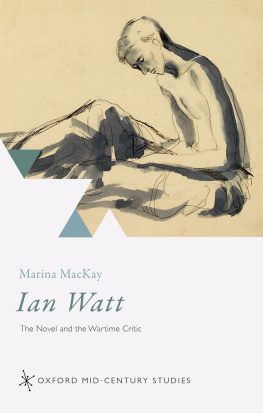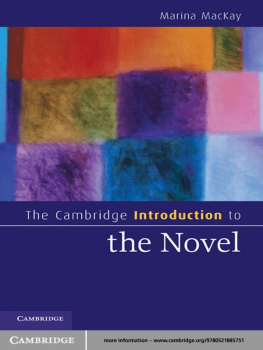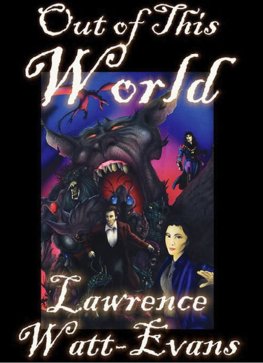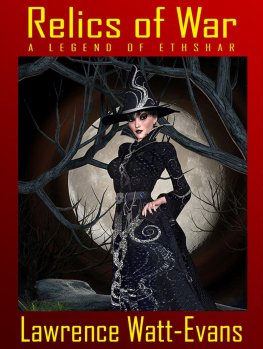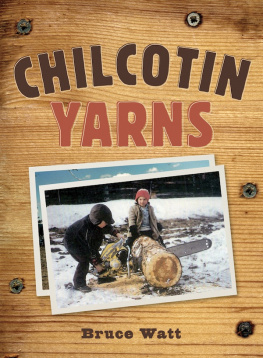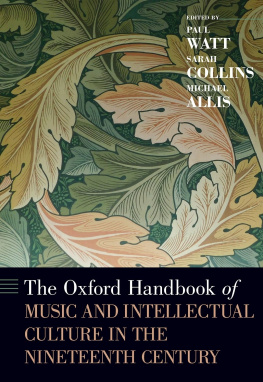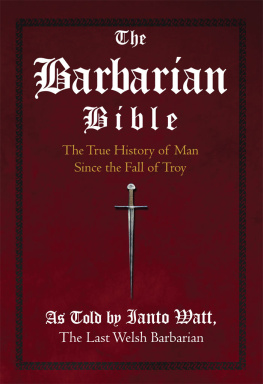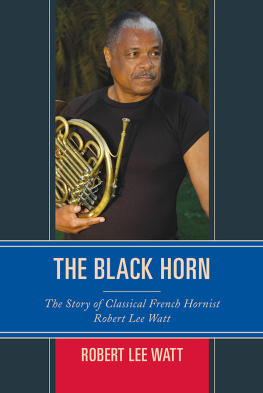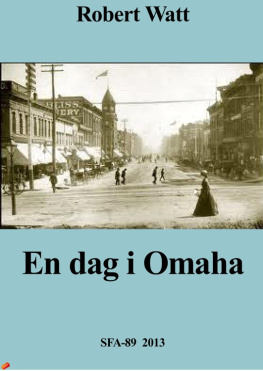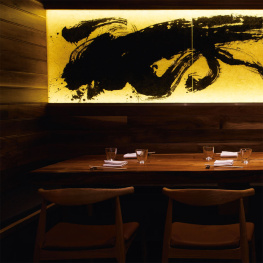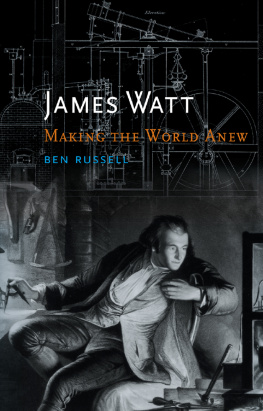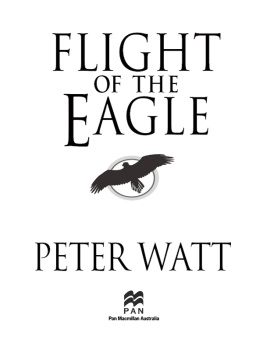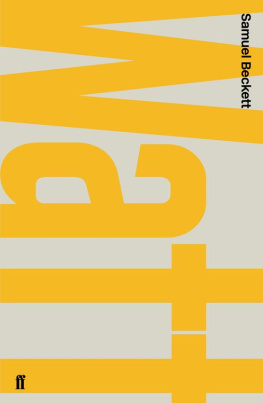Oxford Mid-Century Studies
The Oxford Mid-Century Studies series publishes monographs in several disciplinary and creative areas in order to create a thick description of culture in the thirty-year period around the Second World War. With a focus on the 1930s through the 1960s, the series concentrates on fiction, poetry, film, photography, theatre, as well as art, architecture, design, and other media. The mid-century is an age of shifting groups and movements, from existentialism through abstract expressionism to confessional, serial, electronic, and pop art styles. The series charts such intellectual movements, even as it aids and abets the very best scholarly thinking about the power of art in a world under new techno-political compulsions, whether nuclear-apocalyptic, cold-war-propagandized, transnational, neo-imperial, super-powered, or postcolonial.
Series editors
Allan Hepburn, McGill University
Adam Piette, University of Sheffield
Lyndsey Stonebridge, University of East Anglia

Great Clarendon Street, Oxford, ox 2 6 dp , United Kingdom
Oxford University Press is a department of the University of Oxford. It furthers the Universitys objective of excellence in research, scholarship, and education by publishing worldwide. Oxford is a registered trade mark of Oxford University Press in the UK and in certain other countries
Marina MacKay 2018
The moral rights of the author have been asserted
First Edition published in 2018
Impression:1
All rights reserved. No part of this publication may be reproduced, stored in a retrieval system, or transmitted, in any form or by any means, without the prior permission in writing of Oxford University Press, or as expressly permitted by law, by licence or under terms agreed with the appropriate reprographics rights organization. Enquiries concerning reproduction outside the scope of the above should be sent to the Rights Department, Oxford University Press, at the address above
You must not circulate this work in any other form and you must impose this same condition on any acquirer
Published in the United States of America by Oxford University Press 198 Madison Avenue, New York, NY 10016, United States of America
British Library Cataloguing in Publication Data
Data available
Library of Congress Control Number: 2018906174
ISBN 9780198824992
ebook ISBN 9780192558510
Printed and bound by
CPI Group (UK) Ltd, Croydon, cr0 4yy
Links to third party websites are provided by Oxford in good faith and for information only. Oxford disclaims any responsibility for the materials contained in any third party website referenced in this work.
Acknowledgements
Material from the first chapters originally appeared in The Wartime Rise of The Rise of the Novel, Representations, 119 (Summer 2012), 11943, 2012 by the Regents of the University of California. I am grateful to the Representations editorial board, and especially Kent Puckett, for encouragement before this book was ever thought of. And it is only a book now thanks to Jacqueline Norton at Oxford University Press, Series Editors Allan Hepburn, Adam Piette, and Lyndsey Stonebridge, and the anonymous readers for the Press: my sincere thanks to them all for their help and encouragement.
I could not be more grateful to Feeny Watt for allowing me to quote from her fathers remarkable archive, as well as for reading a late draft of this book in its entirety. Ian Watts familyhis children Feeny and George, and his granddaughter Alison Reedhave been more generous and supportive than any author could hope for.
Most of the unpublished material quoted in what follows is deposited in Stanford Universitys Special Collections, and I am glad to have the chance to thank the unstintingly helpful Stanford archivists for help both on site and long distance. Thanks also to Bridget Gillies of the University of East Anglia Special Collections, who did so much of my work there for me, and to Miranda Rectenwald and her colleagues in the Special Collections of Washington University in St Louis, who made it possible for me to hear Watts voice for the first time by digitizing a fragile recording of a lecture Watt delivered there decades earlier. Finally, I am grateful to research staff at The National Archives for their speedy recovery of a document that I doubted had survived.
Any book must accrue many more debts than its author knows, but it is a pleasure to acknowledge mine to Nicoletta Asciuto, Miriam Bailin, Ros Ballaster, Guinn Batten, John Bender, Lara Bovilsky, Matthew Campbell, Bliss Carnochan, Robert Caserio, Mark Damazer, Lara Ehrenfried, Harris Feinsod, Jason Harding, Dillon Johnston, Peter Kalliney, Michelle Kelly, Benjamin Kohlmann, Susan Jones, Joseph Loewenstein, Deidre Lynch, Peter D. McDonald, Donald MacKay, Peter Mackay, Kate McLoughlin, Sandra Macpherson, Ashley Maher, Laura Marcus, William Maxwell, Leo Mellor, Steven Meyer, Emilie Morin, Ankhi Mukherjee, John Nash, Seamus Perry, Gill Plain, Rachel Potter, Petra Rau, Alastair Renfrew, Rod Rosenquist, Ray Ryan, Victor Sage, Corinne Saunders, Wolfram Schmidgen, Claire Seiler, Vincent Sherry, James Smith, Richard Sugg, Matthew Taunton, Julia Walker, Patricia Waugh, Clare Westall, Mark Wollaeger, and Steven Zwicker.
I owe special debts to the two colleagues closest at the end: David Dwan, for reading my work with his characteristic kindness and imagination, and Abigail Williams, for unfailing inspiration, backbone, and laughter. Finally, it was thanks to Dan Grausam that I even considered writing this book, thousands of miles away from here and in what already feels another lifetime. It would be impossible to write about lives shaped by contingency and not wonder at the luckier accidents of our own.
Contents
Looking back, then, Ian Watt told an audience in 1978, I can see beneath what I hope is the unassuming surface of The Rise of the Novel the troubled undercurrents of a fairly representative set of the main intellectual tendencies of its period of gestation1938 to 1956.
Like Watts own book, Ian Watt: The Novel and the Wartime Critic is about the troubled undercurrents of 1938 to 1956, and about the ways in which criticism was subject to the processes of history in those years. Whereas Watt was forthcoming about his intellectual debts, he said little about the other historical forces that affected his thinking, but the progress of the project that became The Rise of the Novel was dramatically interrupted for seven years by the Second World War, and, above all, by one of the most shatteringly traumatic of war experiences, when Watt was taken prisoner at the fall of Singapore and became one of Japans many thousands of brutalized prisoners on the BurmaThailand Railway. My book is about how that world helped to shape his hugely influential scholarly work, and, more broadly, about the extent to which the historiography of the novel is bound to the historical events of the mid-century.
In one sense, Watts was a shared experience of injury and deprivation; in another, it was a profoundly individual one, and individual experience, as he reminds us early in The Rise of the Novel, is always unique, and therefore new. The story I tell here supports Greifs and Andersons sense of a liberal humanism finding its impetus rather than its contradiction in perceptions of human vulnerability and limitation.

